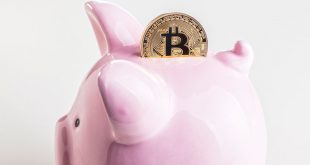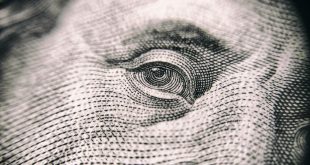If you have used a Verizon serviced cellular phone from 2010 to the present day, guess what? The National Security Agency has all of your records. A previously classified program that was authorized by the top secret court, the Foreign Intelligence Surveillance Court (FISC), which authorized the NSA to collect without warrants the phone records and talk time of hundreds of millions of Americans, dating back to records from 2010, is the culprit behind this privacy infringement. A lot of people are unaware that FISC even exists. This shadow court operates under Patriot Act guidelines and has the ability to override, apparently, constitutional law as it relates to citizens’ privacy.
What does the President have to say about this authorization he knew about and oversaw?
Apparently, it’s the “right balance” between security and privacy.
“I think it’s important to understand that you can’t have 100 percent security and then have 100 percent privacy and zero inconvenience. We’re going to have to make some choices as a society,” Obama said at a recent event.
Obama was certain to note that prior to the collection of these records that the proper Congressional oversight committees were informed and signed off on the matter, and have been fully briefed on the warrantless phone surveillance program also known as PRISM. The program scours the internet and collects internet browsing information from non-Americans outside of the U.S. It’s a different program than the phone program, which collects data records of calls and duration time of Americans without a warrant.
“What you’ve got is two programs that were originally authorized by Congress, have been repeatedly authorized by Congress. Bipartisan majorities have approved them,” he said. “Congress is continually briefed on how these are conducted. There are a whole range of safeguards involved.”
The executive, legislative and judicial branches of the government are all involved in the oversight and monitoring of these programs. According to Obama, the judicial branch was “overseeing the entire program throughout.”
Obama encouraged public discussion about the topic, and was certain to note that some people may have opposing views. In his staunch defense of it, however, he made it clear as day that there must be a balance between privacy and security – even if that means every activity we do is being prospectively tracked by Big Brother.
“I welcome this debate. And I think it’s healthy for our democracy,” he said. “I think it’s important for everybody to understand, and I think the American people understand, that there are some trade-offs involved.”
 Invest Smart Asset Protection and Investment News
Invest Smart Asset Protection and Investment News




